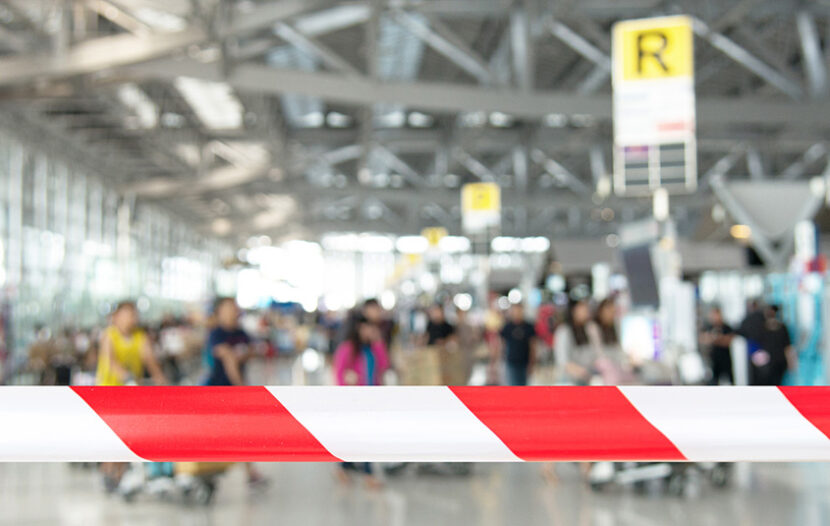TORONTO — Just how much of an impact is Canada’s travel advisory against all non-essential travel still having on bookings and travel these days?
The delta variant is still a concern, and kids under 11 aren’t yet vaccinated, complicating travel plans for families across the country. And it’s not hard to find examples even in Canada’s own backyard of what can happen when restrictions lift too quickly, even when everything seems like it’s trending in the right direction.
On the other hand, Canada’s vaccination rate is one of the highest in the world.
And the biggest practical hurdles to travelling outside Canada – including the 3-night hotel quarantine, and the 14-day quarantine – were dropped months ago for fully vaccinated returning Canadians.
Tour operators and airlines are adding more flights for the coming winter sun season. Tourism board ad campaigns are now in play for the winter months. Favourite destinations are encouraging Canadian travellers to book vacations ‘when the time is right.’ Many Canadians have decided enough is enough and are indeed booking trips, either last-minute for 30 days or less in, or for the fall and winter months.
Meanwhile the travel advisory’s still in effect, as it has been for more than 18 months and counting.
We connected with Tom Gehrels, Owner, Adventure Coordinators, to ask what he’s hearing from clients.
Gehrels has been active in voicing his concerns for the industry throughout the pandemic.

Tom Gehrels, Owner, Adventure Coordinators
On Sept. 7, the day Canada reopened its borders to fully vaccinated international travellers, Gehrels sent a simple yet well-stated message to the federal government: “I note the Canadian Government is allowing fully vaccinated foreign nationals to come to Canada. Would you please update your travel advice for Canadian travellers to give fully vaccinated Canadians the option to travel abroad?”
While many Canadians are starting to overlook the advisory to book travel at this point in the pandemic, the vast majority still say they will abide by it. Gehrels cites a stat from Travelweek’s own 2021 Consumer Survey, from June 2021, indicating that 92% of Canadians say they will not travel overseas with Canada’s advisory against non-essential travel still in effect.
Gehrels tells Travelweek: “I post regularly on social media and get some pushback with people asking if the travel advisory has been lifted. People seem to think it is the law rather than advice.”
He adds: “I am seeing a small number of people who are travelling now, all in Europe and Canada, or who are booking with a long horizon – spring and fall of 2022 and summer of 2023.
“But bookings are few and far between and not many people dare to ignore the advisory.
“So yes, I do think the travel advisory is a huge factor. I do think people are fearful too – folks are bombarded with COVID news (much of it irrelevant) and it also appears people are making irrational decisions. Understandable but when I see people cancelling their trip to Morocco and instead spend the winter in Florida, I wonder sometimes how much the familiarity of a place is a factor, rather than the actual risk of contracting COVID.”
Confusion about mixed doses – and which countries accept what – is an issue too, he adds.
Gehrels is advocating for a country-by-country system of travel advisories amid the pandemic. The U.S. has gone this route.
“In a perfect world the government would alter their advice to be more specific to the destination and add a warning that travelling while not-vaccinated increases one’s risk of contracting and spreading COVID,” says Gehrels.

